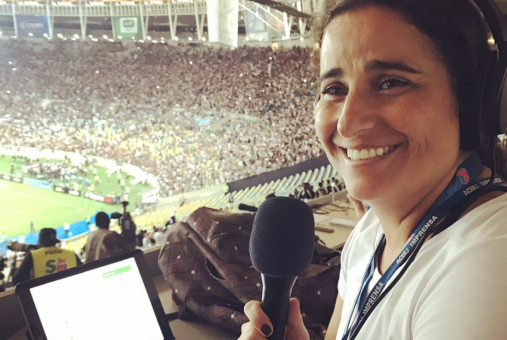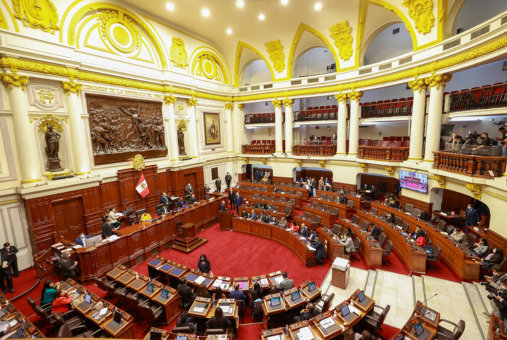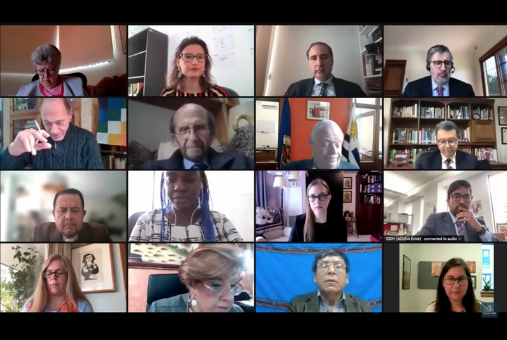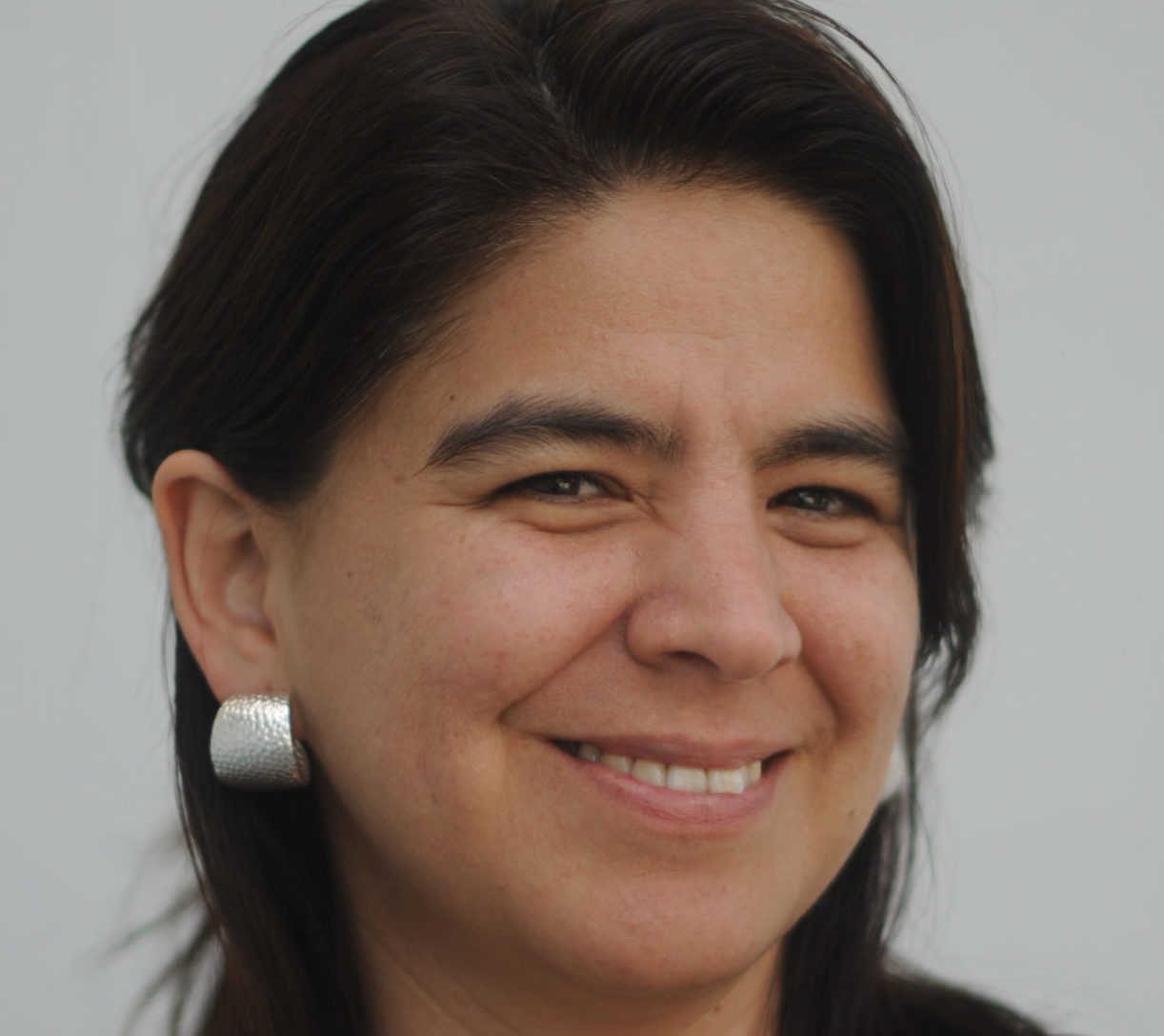
Women have fought gender stereotypes and secured a place in announcing soccer games on Brazilian television in the past six years. On social media, however, misogynistic and aggressive campaigns against them still persist.

Peru's parliamentarians launched various attacks to restrict press freedom, and journalist associations are resisting as best they can. A controversial bill may fail in Congress, but other threatening initiatives remain under discussion, reflecting deteriorating democratic conditions in the country.

Two important cases for freedom of expression on the continent were heard during the most recent Period of Sessions of the Inter-American Court of Human Rights (I/A Court HR) that ended on June 25: one about community radios in Guatemala, and the other about of case of the newspaper El Universo in Ecuador.

A Paraguayan journalist for the newspaper ABC Color was sued for calumnia and defamation by a lawmaker who the reporter said participated in an attempt to bribe him so that he’d stop investigating a story.

A senior representative of the Peruvian Catholic Church who accused an investigative journalist of defamation withdrew his lawsuit against her.

Peruvian journalist Paola Ugaz was criminally denounced for aggravated defamation by the Archbishop of Piura and Tumbes, José Antonio Eguren Anselmi.

Chilean journalist Javier Rebolledo Escobar was acquitted of the crime of defamation (injurias graves con publicidad) after being accused by a former Army official sentenced for crimes against humanity committed during the dictatorship of Augusto Pinochet (1973-1990), news agency EFE reported.
El Nacional, one of the leading independent newspapers in Venezuela that continues to cover the entire country in its print and digital formats, will have to pay a fine of reparation of one billion bolivars (around US $12,000) for "moral damage."
Using Poland’s controversial new Holocaust law, the Polish League Against Defamation sued Argentine newspaper Página 12 and a collaborator of the publication for an article about a massacre of Jews in the town of Jedwabne in 1941.
The National Association of Bolivian Journalists (ANPB, for its initials in Spanish) and the Association of Journalists of La Paz (APLP) have declared an “emergency” in rejection of articles of the country’s new Penal Code the entities say could be used against professionals in retaliation for their work.
Peruvian and North American citizen Miguel Arévalo Ramírez has filed several suits against Peruvian journalists and media for aggravated defamation, Ojo Público reported on Nov. 7. Ramírez filed the complaint against the media outlets for having reported the investigations against him by the Peruvian Police Department's Anti-Drug Directorate (Dirandro), the Peruvian Anti-Drug Prosecutor's Office and the U.S. Drug Enforcement Administration (DEA) and asks for US $210 million in reparation.
In Honduras, journalist Jairo López accused the president of the National Congress, Mauricio Oliva, of organizing a smear campaign against him through social networks, Tiempo Digital reported.